Experts say Resolution 70-NQ/TW is a major turning point, overcoming the formal electricity market mechanism, paving the way for private participation in equal and transparent electricity prices and ensuring energy security.
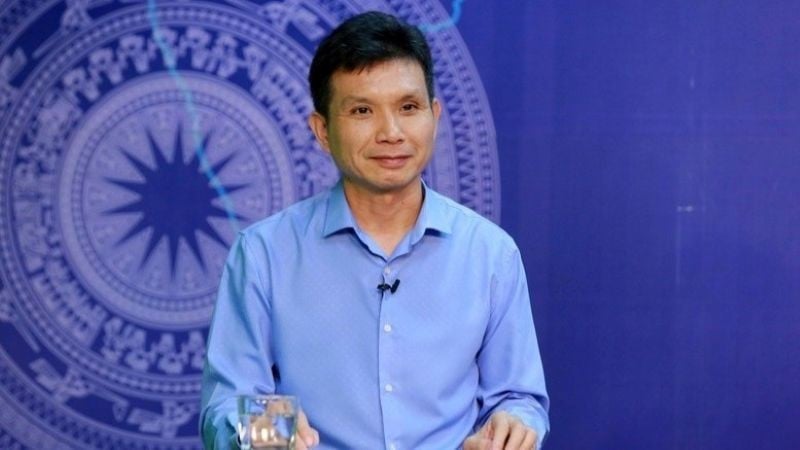 |
| Energy expert Ha Dang Son – Director of the Center for Energy and Green Growth Research. (Photo: VGP) |
The Politburo has just issued Resolution 70-NQ/TW (referred to as Resolution 70) on ensuring national energy security until 2030, with a vision to 2045. If Resolution 55-NQ/TW (referred to as Resolution 55) laid the foundation for strategic orientation, Resolution 70-NQ/TW is considered a stronger step forward when it concretizes goals, mechanisms and solutions, closely follows reality, and directly addresses urgent issues of the energy sector.
The reporter interviewed energy expert Ha Dang Son - Director of the Center for Energy and Green Growth Research.
Reporter: Sir, the newly issued Resolution 70 is considered a step of inheritance and development from Resolution 55 in 2020. Compared to Resolution 55, what are the positive new points of Resolution 70? How will these new points impact and evaluate the assurance of energy security in the coming time?
Expert Ha Dang Son: The most important point of Resolution 70 is to go straight to the core goal. If Resolution 55 provides strategic direction for energy development at the overall level, Resolution 70 directly emphasizes the requirement to ensure national energy security, in line with the direction of the General Secretary . Right from the title, it can be seen that the Resolution goes straight to the core issue.
In specific content, Resolution 70 frankly acknowledged both the achievements and the limitations and weaknesses. In particular, the Resolution faced the truth, such as the fact that many targets of Resolution 55 were difficult to achieve. This is a very remarkable recognition. This shows more practicality, when the resolution not only sets goals but also analyzes, evaluates and finds solutions to overcome them.
Regarding the details, it can be seen that Resolution 70 still has many similar contents to Resolution 55, such as the slow progress of many projects, dependence on imported energy, weak and unsynchronized infrastructure, and inflexible connections between stages in the system. In addition, the implementation of mechanisms and policies between the central and local levels is not really connected and synchronized. These are issues that are frankly acknowledged to find solutions, instead of just stating general directions.
One impressive thing is the clear message in Resolution 70: Energy development is given the highest priority. This demonstrates the Party's recognition of the extremely important role of energy in economic growth. Because if the energy target is not ensured, all other development goals, including socio-economic ones, will be affected.
Reporter: Does that prove that the overall goals of Resolution 70 are higher than those of Resolution 55?
Expert Ha Dang Son: Most of the targets in Resolution 70 are higher than those in Resolution 55, except for the target on total primary energy demand which is lower.
In particular, a new point is the flexibility in setting targets. For example, with the total power capacity, the resolution allows for higher levels when necessary, instead of being limited to a fixed level like Resolution 55. Previously, the limitation of Resolution 55 was that the target framework was too rigid, lacking openness and flexibility. When implemented in practice, with fluctuations in demand, the international energy market, or Vietnam's new commitments, we encountered difficulties because the targets were too specific and detailed.
Resolution 70 has overcome this point by allowing for the review and adjustment of energy projects when necessary. Important, urgent, and national projects can even be implemented before they are included in the planning, and then adjusted and supplemented. This mechanism creates the necessary flexibility, helping the implementation process not to be "stuck" within a rigid framework. This is a breakthrough of Resolution 70 compared to Resolution 55.
Reporter: Resolution 70 is also considered to pave the way for a competitive electricity market. How do you view the opportunities for the private sector?
Expert Ha Dang Son: The consistent spirit of Resolution 70 is to open up and create maximum conditions to attract private investment. However, the story lies in how to concretize it. The direction is there, but the implementation needs to be clear and reasonable.
We cannot mobilize the private sector at all costs. If we only attract capital but ignore risks related to price, volatility or people's ability to pay, it will endanger the system. Energy security is not simply about having enough electricity, but also ensuring sustainability, stability and affordability for the economy and people.
Private investors of course put profit first. They want a favorable environment with little risk. But besides that, the State also has the responsibility of ensuring social security, providing energy to remote areas – where there is almost no profit. The Government must balance both factors: mobilizing private resources while ensuring social responsibility.
To achieve this, Resolution 70 has proposed many specific solutions, such as strongly reforming administrative procedures, reducing processing time by 30-50%. This is an important signal to reduce risks and create peace of mind for investors. In addition, it is necessary to ensure fair treatment between private enterprises and state-owned enterprises, without discrimination. Once a contract is signed, it is necessary to comply with contractual principles and market principles, avoiding late payment or lack of transparency.
Reporter: There are currently more than 170 renewable energy projects stuck. Do we need a special mechanism to resolve this issue once and for all?
Expert Ha Dang Son: It is clearly necessary. In Resolution 70, the tasks and solutions section has been very specific: it is necessary to build a specific mechanism to completely handle difficulties and problems, in order to promptly supplement power sources for the system.
The problem here is that many projects are implemented in the context and understanding of policies at a certain time. That understanding may have been reasonable at that time, but is no longer appropriate today. However, that is not the fault of the investors, because they followed the regulations and conditions at that time. The fault lies in the fact that the institutions are not yet complete and have not anticipated all the fluctuations.
We need to be fair: investors do not actively create problems, but they encounter difficulties due to changes in policy interpretation. Therefore, there must be a specific handling mechanism, both to ensure that invested social resources are not wasted and to put projects into operation, avoiding the situation of being "shelved" causing damage and waste.
The spirit of Resolution 70 is to build and innovate, but still emphasizes the principles of thrift, harmonization of interests, and sharing of responsibilities. That means the parties must sit down together and negotiate to find a balance. Investors must accept that they may lose more than they initially expected, but the level of damage must be within control. On the contrary, the State also needs to be flexible to harmonize interests, avoid extremes, and avoid seriously affecting the financial plans of investors. This is the most difficult point when dealing with current stuck projects.
Reporter: With that spirit, at the present time, when Resolution 70 has just been issued, what should ministries, branches and localities prioritize first so that the resolution can soon be effectively implemented?
Expert Ha Dang Son: In this context, there are two groups of tasks that need priority:
Firstly, we must focus on immediately handling projects that are stuck, have invested capital but are not yet operational. This is urgent, because every day of delay is a day of wasting social resources.
Second, review and adjust ineffective mechanisms and policies. Investors need to see the receptiveness in the way management agencies handle things. That is a signal to build trust in the investment environment.
Along with that, it is necessary to promote the implementation of transmission infrastructure projects and large-scale power source projects to ensure system safety and maintain minimum supply in all unstable scenarios. At the same time, it is necessary to continue promoting renewable energy and self-consumption energy - areas that have a good foundation.
In addition, the Government and relevant agencies need to have a mechanism for regular dialogue with investors, and provide clear and transparent guidance. This is an important factor in creating trust and consensus. Only then can Resolution 70 truly come into effect, contributing to ensuring national energy security and promoting sustainable socio-economic development.
Reporter: Thank you very much!
According to LE CHI/ nhandan.vn
Source: https://baovinhlong.com.vn/kinh-te/202509/day-manh-co-che-khoi-thong-nguon-luc-de-hien-thuc-hoa-nghi-quyet-70-nqtw-da31eef/















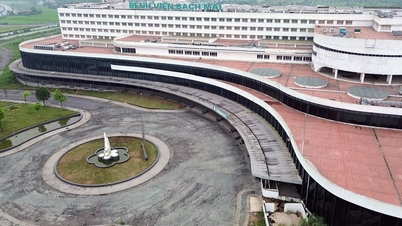














![[Photo] Off-road racing: Adventure sport, attractive tourism product](https://vphoto.vietnam.vn/thumb/1200x675/vietnam/resource/IMAGE/2025/9/14/45123bd29c884b64934da038d947d344)










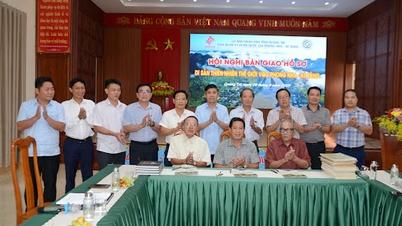











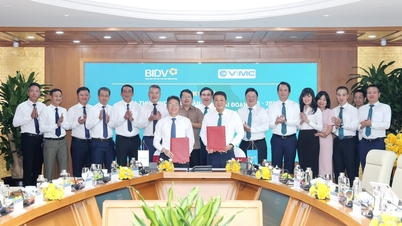





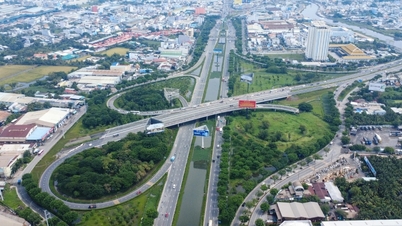






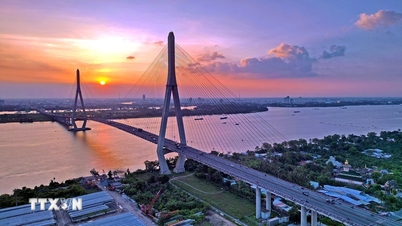

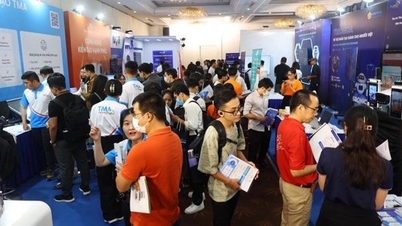
















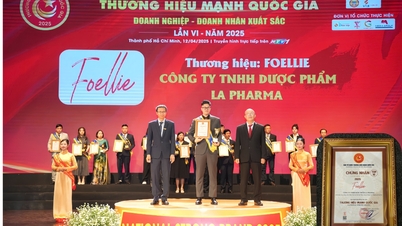










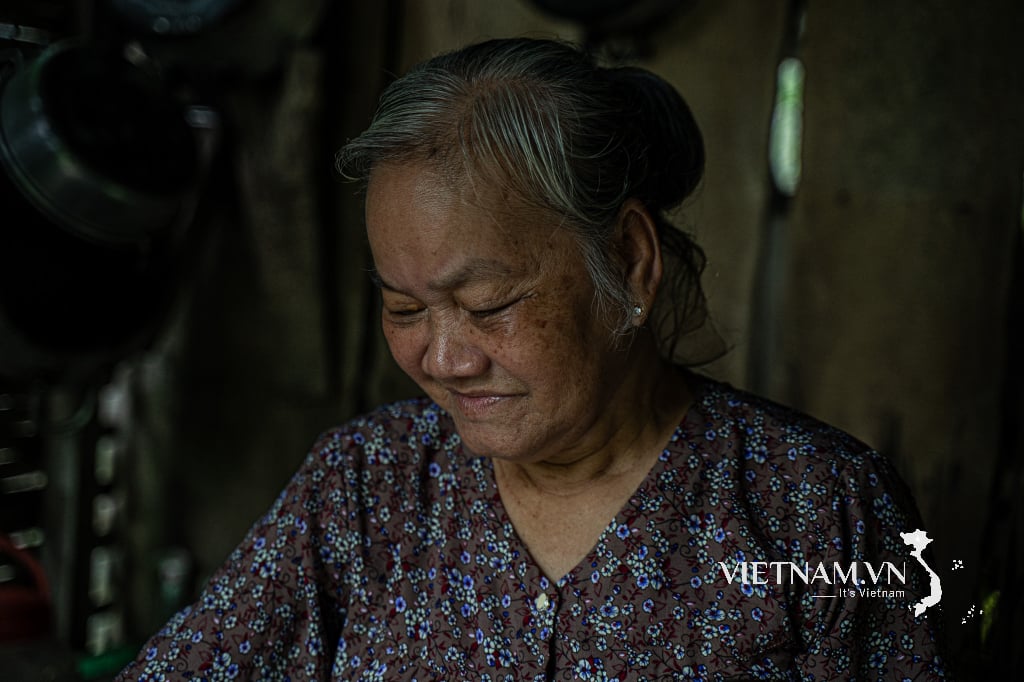
Comment (0)